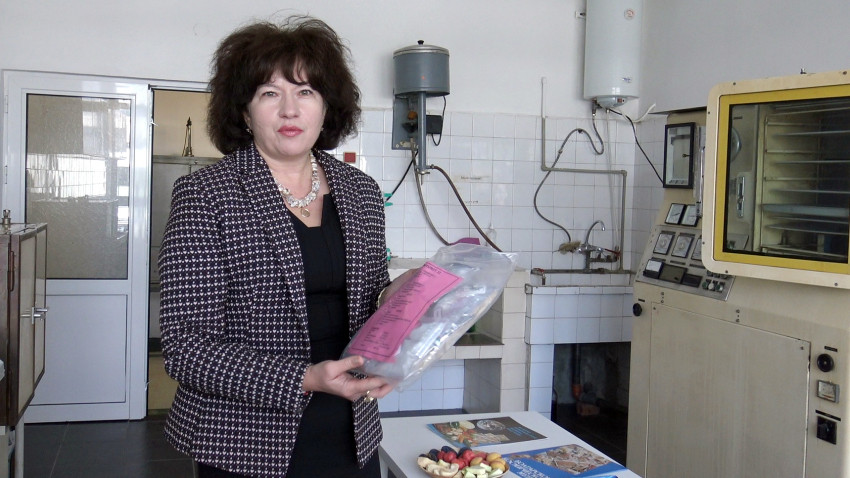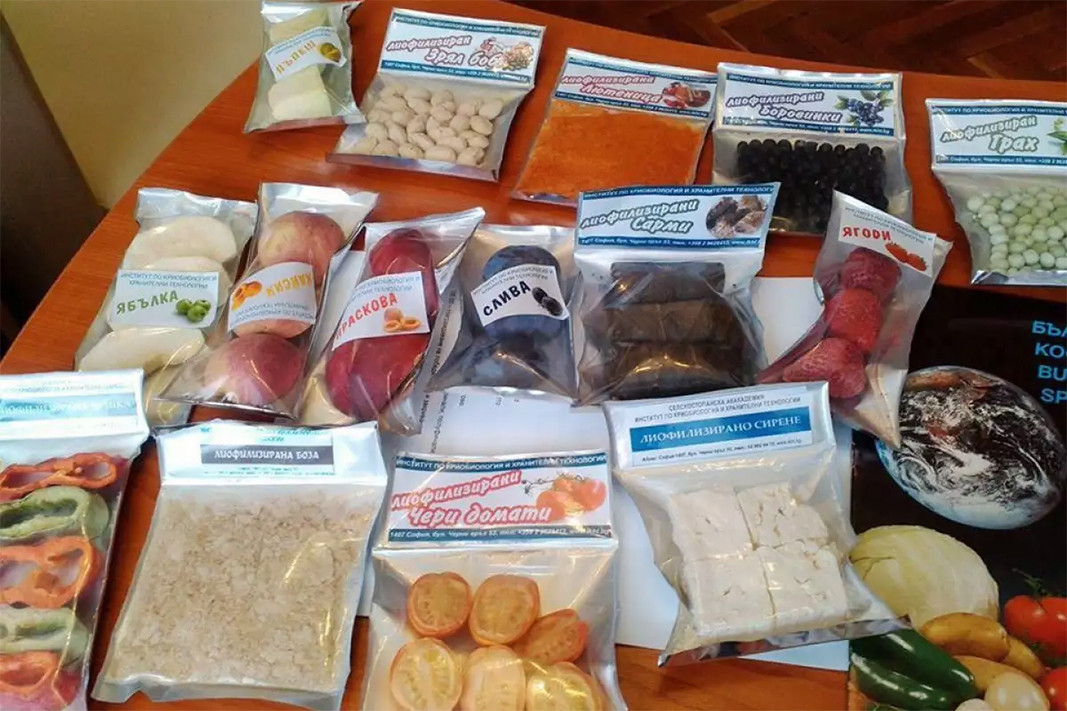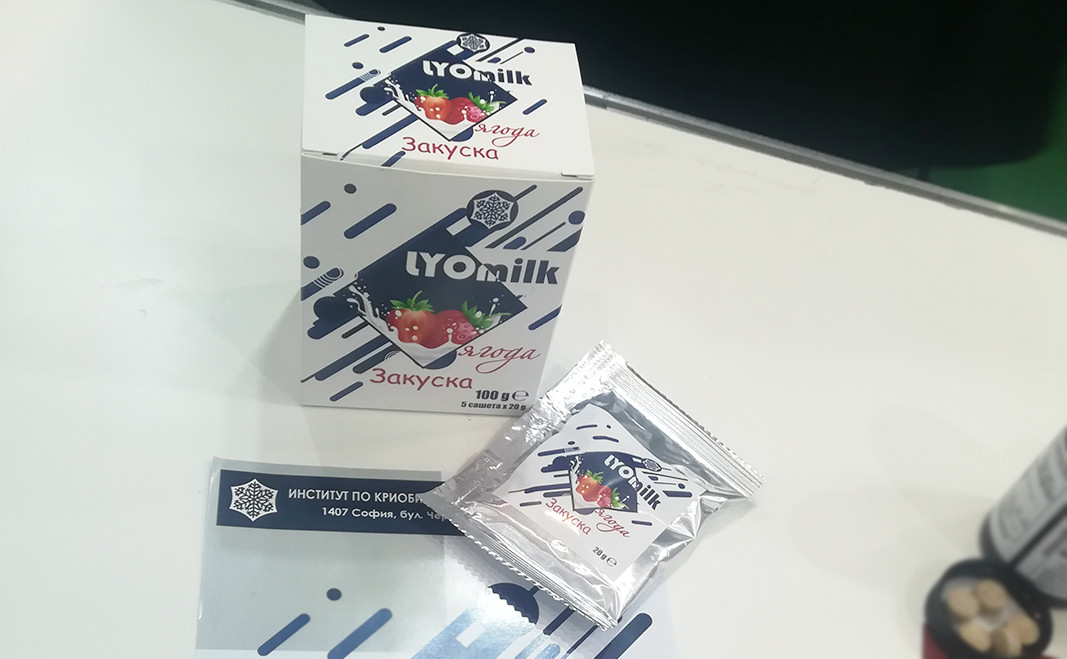In 1979, Bulgaria became the third country in the world, after the Soviet Union and the US, to have created space food. “We had everything – fruit, vegetables, soup and all kinds of sweets. When you are up there you don’t feel you have left the Earth, and let me tell you our products are delicious,” the first Bulgarian astronaut Georgi Ivanov remembers in an interview with Radio Bulgaria.
In our day, the Bulgarian Institute of Cryobiology and Food Technologies is still working on food suitable for consumption in outer space. Different private companies have been displaying an interest in its work even though, as its director Prof. Iliana Nacheva says, the state has abdicated from this kind of research work altogether: 
“Fortunately, there are private companies which really do want to invest and revive what Bulgaria is famous for – besides traditions, we have developed multiple products but they will need a serious investment.”
Another research project, this time for a space beverage, is also in the works, after the bureaucratic formalities were resolved. Despite the interest by foreign companies in the product, a Bulgarian company was selected for its production, says the Institute’s director:
“It is a fermented probiotic beverage especially tailored to space flight conditions, and we are hoping the project will be approved by the European Space Agency,” says Prof. Nacheva. “We already have a company that will produce it and that is the most important thing. Until now, we were limited to pure theory, and to small-scale experiments, but now we shall be able to actually make the product we are developing and to market it.”
Besides space food, the Institute also develops food suitable for athletes, climbers and members of the Antarctic expeditions.
“All of these products are developed following the principle of freeze drying. I have explained many times that lyophilization is a process that is based on a principle in physics called sublimation in which the substance transitions directly from the solid to the gas phase without the intermediate liquid phase. The process takes place at low temperature and pressure and under vacuum,” Iliana Nacheva explains. “The resulting lyophilized products are concentrated. They have a very fine structure and texture, are lighter many times over and contain very little moisture, around 2%, and the most important thing of all – their nutrients and active substances, as well as their flavor have been preserved. This prevents moisture on the one hand, so no microorganisms can develop, and on the other it preserves, in absorbable form, the nutrients and biologically active substances the human body needs.”
Another very important factor is the packaging the product is going to reach its potential clients in:
“Lyophilized foods are foods with a low moisture content – 2 to 5% - evenly distributed throughout the product, which allows for long-term storage. The packaging we mostly use is three-layer polyamide polyethylene film which acts as a barrier to light and moisture, so they can last for 5 or even 10 years without having to be stored in a refrigerator,” says Dr. Iliana Nacheva.
More:
Translated and posted by Milena Daynova
Photos courtesy of Prof. Iliana Nacheva, ikht.bg, agriacad.bg
The Federation of European Carnival Cities has declared Pernik a global center of masquerade traditions. 16 years ago, Prenik was named the European Capital of Sourvakar and Mummer Traditions, and nearly 10 years ago, the Surva festival was..
Bulgaria ranks last among EU Member States in terms of life satisfaction. This is according to Eurostat data for 2023 published today . With an average level of the Community indicator of 7.3 points out of 10, Bulgaria scores 5.9. Finland tops the..
As winter numbs the wilderness, the tortoises hibernate in their shelters, protected from the cold and outside threats. But what happens to them during this time? Where do they feel safest and when can we expect them to wake up? In the village of..
Deanna Haag was born in Cleveland, Ohio, USA. She grew up dreaming of adventure and new horizons. After graduating from Wittenberg College in Ohio..

+359 2 9336 661
